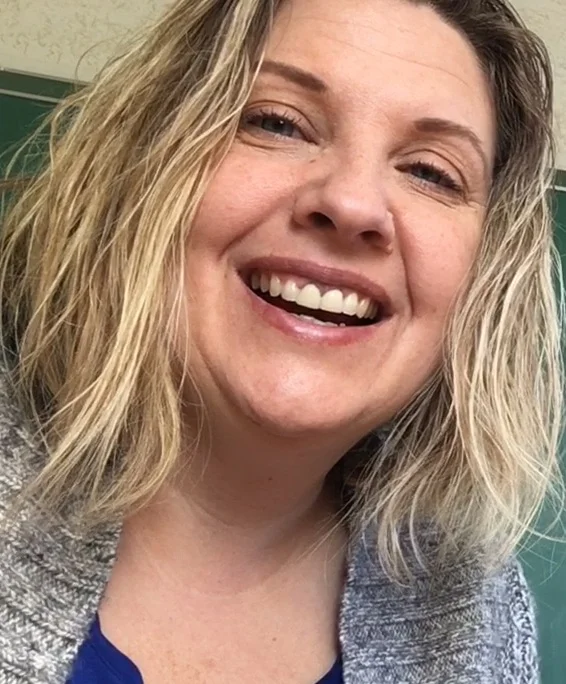Okay so summer is here and maybe you are taking a break from speech-therapy for awhile or maybe you are still coming to speech regularly. Either way, don't mean stop practicing!
Here are some of my go to strategies and practice ideas for summer.
1. Read out loud. (I know I say this all the time. It's one of the single best things you can do regardless of speech issues). Don't pick a super challenging text though, the focus is on getting the sounds, not on decoding the text. Scan the page first with your child and find words that have your child's target sounds, then read the text. If your child is too young to read, you read and have him or her repeat you. I call the "echo reading." If it's too hard to get the sounds "right" in this context, pick out a few words on the page that contain the target sounds and practice just those words 3-5 times/word.
2. Search for practice videos on my "practice at home" link. There are many videos for all levels and several different target sounds. There are also videos that demonstrate different strategies including strategies detailed here.
3. Refer back to old emails from me for practice ideas. I usually try to send ideas home on a regular basis.
4. Play some version of an "I spy" (I search, I'm thinking of...., I remember...) guessing game. This is great for the car. Focus on target sounds while you play and change the opening phrase to reflect the target your child is working on. For example, if your child is working on TH, use "I'm thinking of something ...." when giving clues.
5. Board games and card games can always be adapted for speech purposes. Practice the target sound 3-5 times before each turn. Use phrases like: "spin the spinner", "roll the dice", "shake, shake, and drop," "ready to go", "your turn", "I should go", "I choose to go", "I think I'll go", "This is my card", I'll play a ______", etc.
6. Give descriptions. Tell 3 things about your day or pick an object and tell 3 things about the object. Use your target sounds. Try making tally marks for each target sound while you are talking or take a chip (snack cracker, coin, etc) from a pile for each target sound you say during the activity.
7. Put up signs around the house and/or make a special book mark (remember I want you to read out loud!) to remind you to practice. Put signs in the rooms and places you frequent and also on objects you use often (maybe on a backpack or a book you are reading). Consider places like the family room, bedroom, bathroom, fridge, and car.
8. Search online for pictures that have your target sounds or brainstorm a list of words. Maybe you just practice the words 3 - 5 times each. Maybe you use the words in a sentence. Or, if you are more advanced, try putting the words together to create a silly story.
9. Pick a specific time each day to practice or a specific location. For example, practice every time you are in the car, walking up and down stairs, or riding in an elevator. Or maybe it's a dinner time, bath time, book time at the end of the day, or "adult swim" time at the pool. If you choose a regular time or location practicing will become a habit.
10. Make videos of yourself and listen back to the video. How did you sound? Did you hear any mistakes? If so practice the words that were challenging. Where can you improve? Do you need to slow down?
If your child is slipping, give me a call or send an email. We can always work in brush up sessions during the summer as needed! Good luck and PLEASE practice. Remember a little bit every day makes a big difference.
Have a great summer!!!

